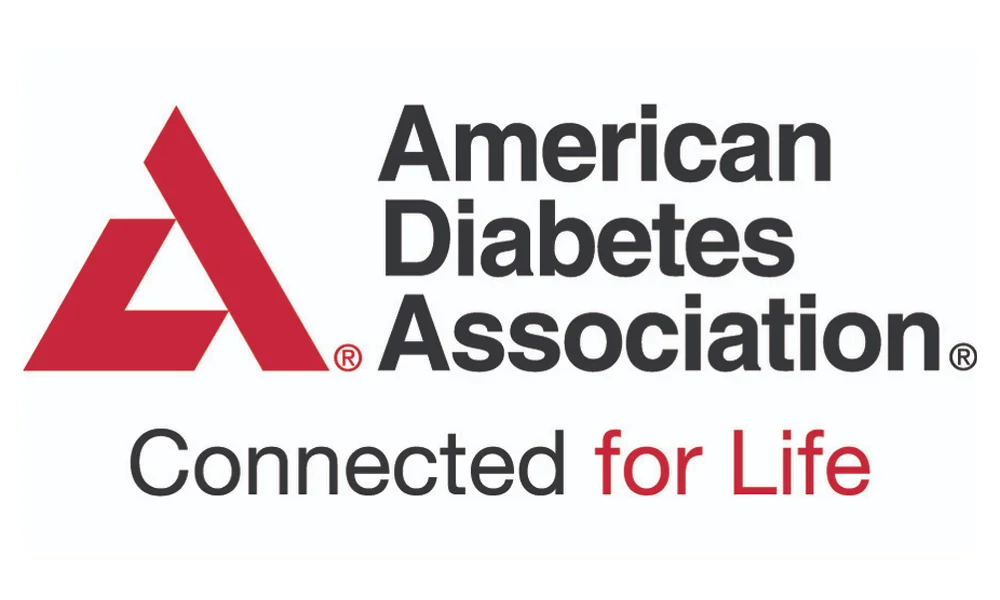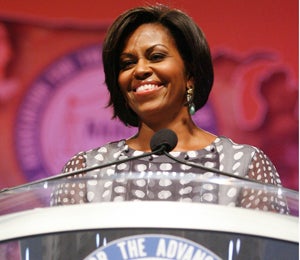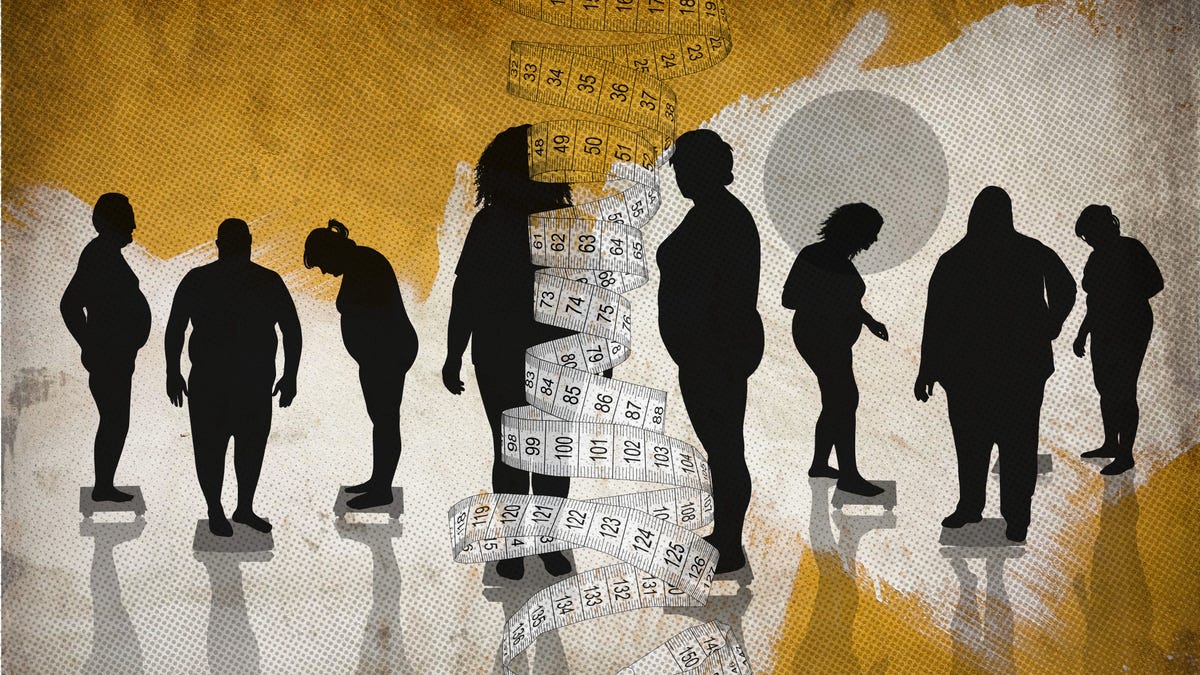Is Fast Food the New Tobacco?
I think fast food is a "new tobacco". There are many similarities between each which leads me to believe this. Both tobacco and fast food impact your health. Without moderation, using/consuming too much of either of these things will lead to negative health effects. One may argue that tobacco causes worse effects which you can't recover from, whereas after consuming too much fast food one can still turn their life around. Both fast food and tobacco are addictive, but to different degrees, tobacco has a larger neurological addiction making it extremely hard to get away from. Someone can be addicted to fast food, but it doesn't have the same neurological addiction.
The difference is when it comes to regulation... Currently, tobacco is extensively regulated and many warnings are provided, so consumers are aware of the direct link to serious health concerns. Fast food, on the other hand, is currently not regulated. This quote from What the Health, I think puts the comparison between fast food and tobacco in perspective: "When people are eating meat, I think of it as a bit like smoking. It’s sort of Russian Roulette. You may not get diabetes but your chances of getting diabetes, are about one in three. You may not get cancer but your chances are if you’re a man, about one in two, a woman, one in three. Your chances of gaining weight, two out of three. It’s not all diet but most of it is. The best thing that you can do to make sure that you empty those bullets out of the chamber and not taking risk with your health, is to get the animal products out of your diet and eat healthy foods."
So the big question is: should the obesity issue be government-regulated or remain a personal responsibility?
Here's what I think.
I believe that one major change that needs to occur in the fast-food industry is a clearer sharing of direct health concerns with overconsumption. The public needs the nutrition facts of fast food meals and items to be provided. David Zinczenko mentions in his article that “complicating the lack of alternatives is the lack of information about what exactly, we’re consuming. There are no calorie information charts on fast-food packaging, the way there are on grocery items" (Zinczenko 392 - 393). The general public doesn't know what they are consuming, so of course, they will keep eating something that may be harmful but appeals to their fast-food craving tastebuds. This is emphasized in the Netflix documentary What the Health, as well by Michelle Hanson, "In the animal agriculture industry, as in the tobacco industry, these companies really have a vested interest in making sure that the public doesn’t have information about their effects and what risks are really post to consuming them." The lack of information and inaccuracy of the information I believe poses a lot of problems within our society when trying to combat the modern obesity issue our country is facing.
It is also made known in What the Health, that some of the information we receive is not even entirely truthful and information is being hidden from the general public. When money is involved, major companies that should be providing us with health facts suffer from corruption due to receiving funding from industries that cause obesity. " ...we cannot trust information from these leading health organizations like the American Heart Association, the American Diabetes Association, because they are taking money from the very industries who are causing the problems that they’re supposed to be helping to prevent" (What the Health).


Once proper information is provided I believe that the obesity issue is still a personal responsibility. When Americans are given all the information they need, they can then make smart decisions and choices starting at young ages. Health needs to be a priority in one's life, and that is a fact, it takes conscious effort. Making choices regarding nutrition will help this country as a whole, especially when targeting the obesity issue. Michelle Obama makes this very clear when addressing the 101st NAACP Convention:
"See, we can build our kids the best schools on earth, but if they don’t have the basic nutrition they need to concentrate, they’re still going to have a challenge learning. And we can create the best jobs in the world -- we must -- but that won’t mean that folks will have the energy and the stamina to actually do those jobs. We can offer people the best health care money can buy, but if they’re still leading unhealthy lives, then we’ll still just be treating those diseases and conditions once they’ve developed rather than keeping people from getting sick in the first place."
Our government "ought to be working to foster a sense of responsibility in and ownership of our own health and well-being" (Balko 396). Radley Balko also believes that we should be paying for the consequences of our own bad decision-making. He says, "We'll all make better choices about diet, exercise, and personal health when someone else isn't paying for the consequences of those choices" (Balko 398), and this is very much true. When we are given accurate resources and it becomes our responsibility, we should pay for our own lack of intelligent decision-making regarding health. With this, the severe obesity issue our nation is facing will slowly start to fade.






Comments
Post a Comment